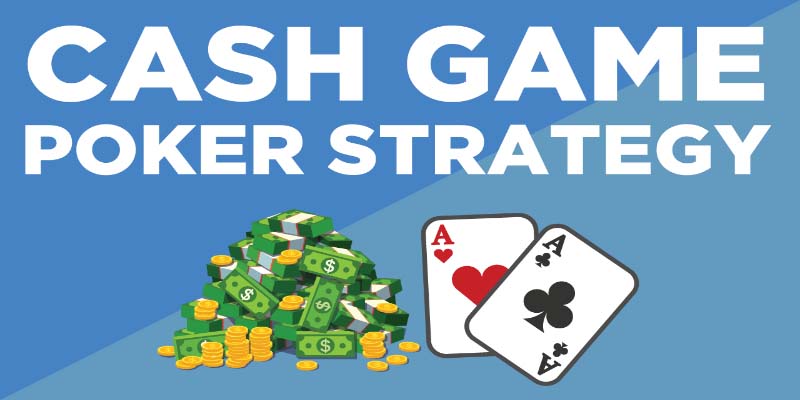In the world of competitive card games, poker strategy stands as a critical pillar for success. Whether you’re a novice just stepping into the game or an experienced player looking to fine-tune your approach, mastering the right strategies can significantly enhance your chances of winning. This blog post will delve deep into various aspects of poker strategy, providing insights and tips that can help elevate your game to new heights.
Understanding Poker Strategy
When embarking on the journey of mastering poker, understanding poker strategy is paramount. It encompasses a wide range of techniques, theories, and methodologies aimed at optimizing your gameplay. A solid strategy not only focuses on the cards you hold but also incorporates aspects such as psychological warfare, odds calculation, and game theory.
Readmore: https://hello88.reviews/
Poker is a unique blend of skill, psychology, and chance, making it essential for players to stay adaptable. The best players are those who can adjust their strategies based on the dynamics of the game, understanding that flexibility is key.
Ultimately, successful poker players view each hand as an opportunity to learn and refine their strategies, continually evolving in this intricate game of wits and probabilities.
The Importance of Strategy in Poker
Having a well-defined strategy in poker allows players to make informed decisions at crucial moments during the game. Unlike many other games, poker involves a significant amount of uncertainty due to hidden information, namely the cards held by opponents. By employing strategic thought processes, players can minimize risks and maximize potential gains.
Furthermore, a strong strategy helps players maintain emotional control. In high-pressure situations, it’s easy to let emotions dictate actions. A solid strategy serves as a guide, helping players remain focused on long-term goals rather than short-term results. This mindset can be pivotal in navigating swings inherent in the game.
Developing Your Own Poker Strategy
Creating a personalized poker strategy requires introspection and analysis of individual strengths and weaknesses. While studying common strategies and techniques is beneficial, effective players tailor their approach to fit their unique style and personality.
Try reflecting on your playing habits. Do you tend to play aggressively or passively? Do you find yourself getting easily frustrated after losses? Identifying these traits will allow you to develop a strategy that suits your temperament while leveraging your strengths and addressing your weaknesses.
The Basics of Poker Strategy
Understanding the fundamental concepts of poker strategy is essential for any aspiring player. It forms the foundation upon which more advanced tactics can be built. Familiarity with these basics will enable you to navigate the complexities of the game and make sound decisions at the table.
Hand Selection
One of the most critical elements of poker strategy is hand selection. Knowing which hands to play and which to fold is foundational. While many beginners may feel compelled to play every hand, a disciplined approach to hand selection can lead to greater success.
The concept of “tight” versus “loose” play is central to hand selection. Tight players focus on playing fewer hands but with stronger cards, while loose players engage more frequently in hands, regardless of their strength. Finding a balance between these approaches can maximize profitability.
A good practice is to observe starting hands’ relative strength based on position at the table. Strong hands, such as pocket aces or kings, should generally be played aggressively, whereas weaker hands might warrant folding or cautious play.
Understanding Pot Odds
Pot odds represent the ratio of the current size of the pot to the cost of a contemplated call. Calculating pot odds is vital in determining whether a call is worth making. If the potential reward exceeds the risk, then making the call becomes a strategically sound decision.
For instance, if you have a flush draw and the pot is $100 while the bet to call is $20, your pot odds are 5:1. If your chances of completing the flush exceed that ratio, you should consider calling. Regularly practicing pot odds calculation will enhance your decision-making skills during gameplay.
Conclusion
Mastering poker strategy is a multifaceted endeavor requiring continuous learning, adaptation, and practice. Understanding the fundamentals, developing observational skills, and embracing advanced techniques can transform your approach to the game.
